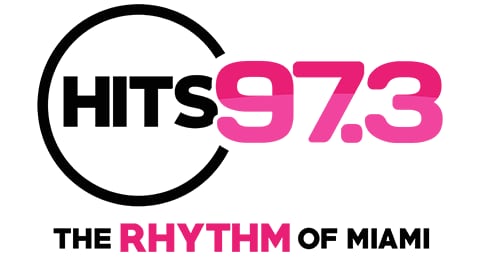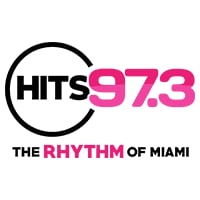The $1.9 trillion COVID-19 relief bill that is expected to bring $1,400 direct payments to millions of Americans will be taken up by the U.S. House of Representatives this week, with a vote on the measure expected by Friday.
The House Budget Committee is set to approve the 591-page package Monday, moving the legislation towards a vote in the full House by the end of the week.
If the bill passes the House as expected, it will move to the Senate for consideration.
Senate Majority Leader Chuck Schumer, D-N.Y., last week promised the bill would pass the Senate before March 14, the date federal unemployment benefits expire.
In addition to $1,400 direct payments, the legislation would increase the federal unemployment benefits to $400 a week through August, send aid to state and local governments, provide funds for COVID-19 vaccines and testing, and set in motion a measure that would gradually raise the federal minimum wage from $7.25 an hour to $15 an hour by 2025.
It is unclear whether the minimum wage increase can be included in the bill, as Congressional Democrats have chosen to craft the legislation using a budget “reconciliation” measure.
Sen. Bernie Sanders, I-Vermont, said on Saturday he was confident the bill to raise the US minimum wage to $15 will be passed.
The reconciliation measure allows Democrats to move the bill along without Republican support, but it also includes provisions governing what can be included in the bill.
The Senate parliamentarian must decide if the minimum wage measure fits in a bill to provide relief from the COVID-19 pandemic.
If the proposed increase is included in the bill, it is likely to face stiff opposition. Republicans have said they will oppose the increase they say could cost 1.4 million jobs. At least two Democrats, Joe Manchin from West Virginia and Kyrsten Sinema from Arizona, have said they oppose increasing the minimum wage.
Under reconciliation, it would take a simple majority vote to pass the bill out of the Senate instead of the 60 votes normally needed for such legislation to pass the upper chamber.
The bill would then move to President Joe Biden’s desk for his signature.
Cox Media Group









